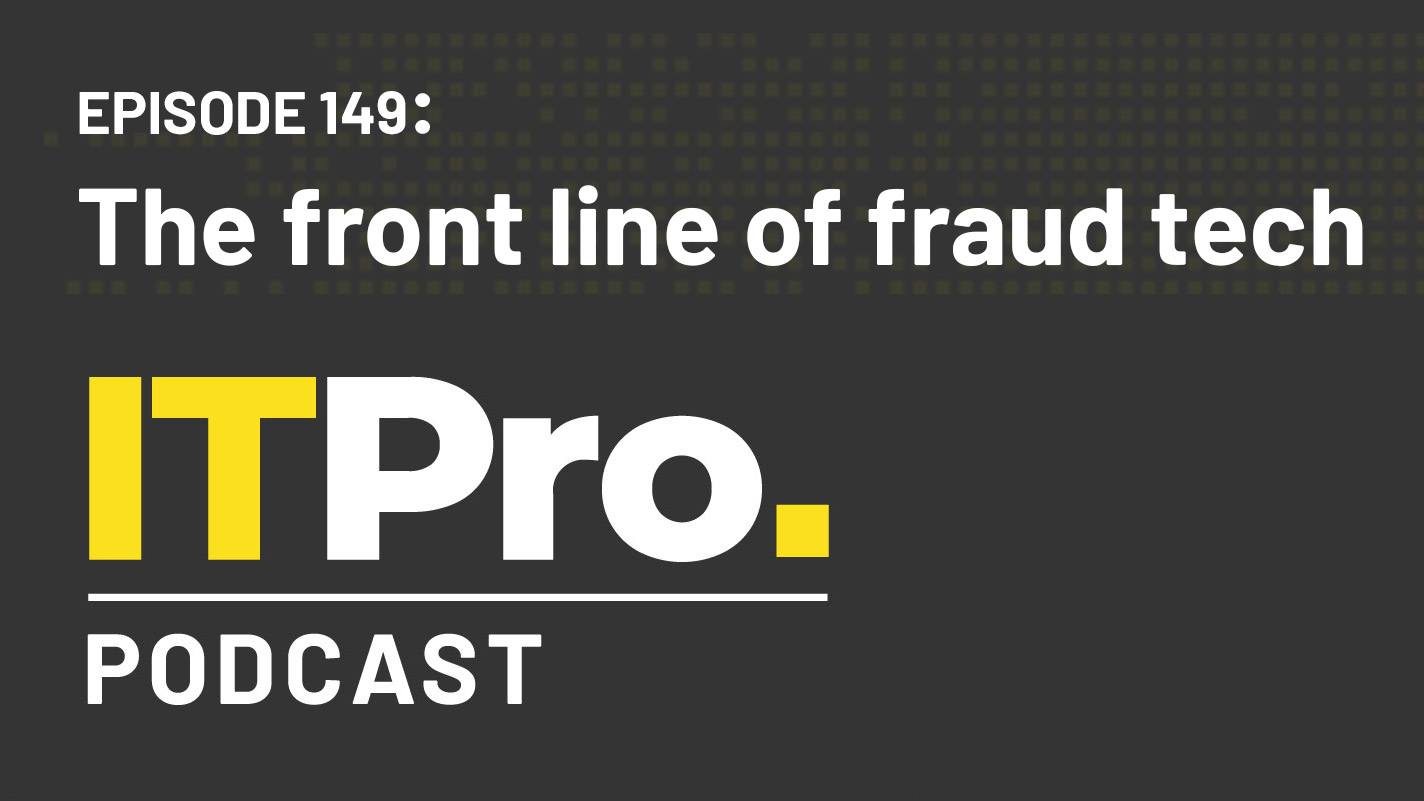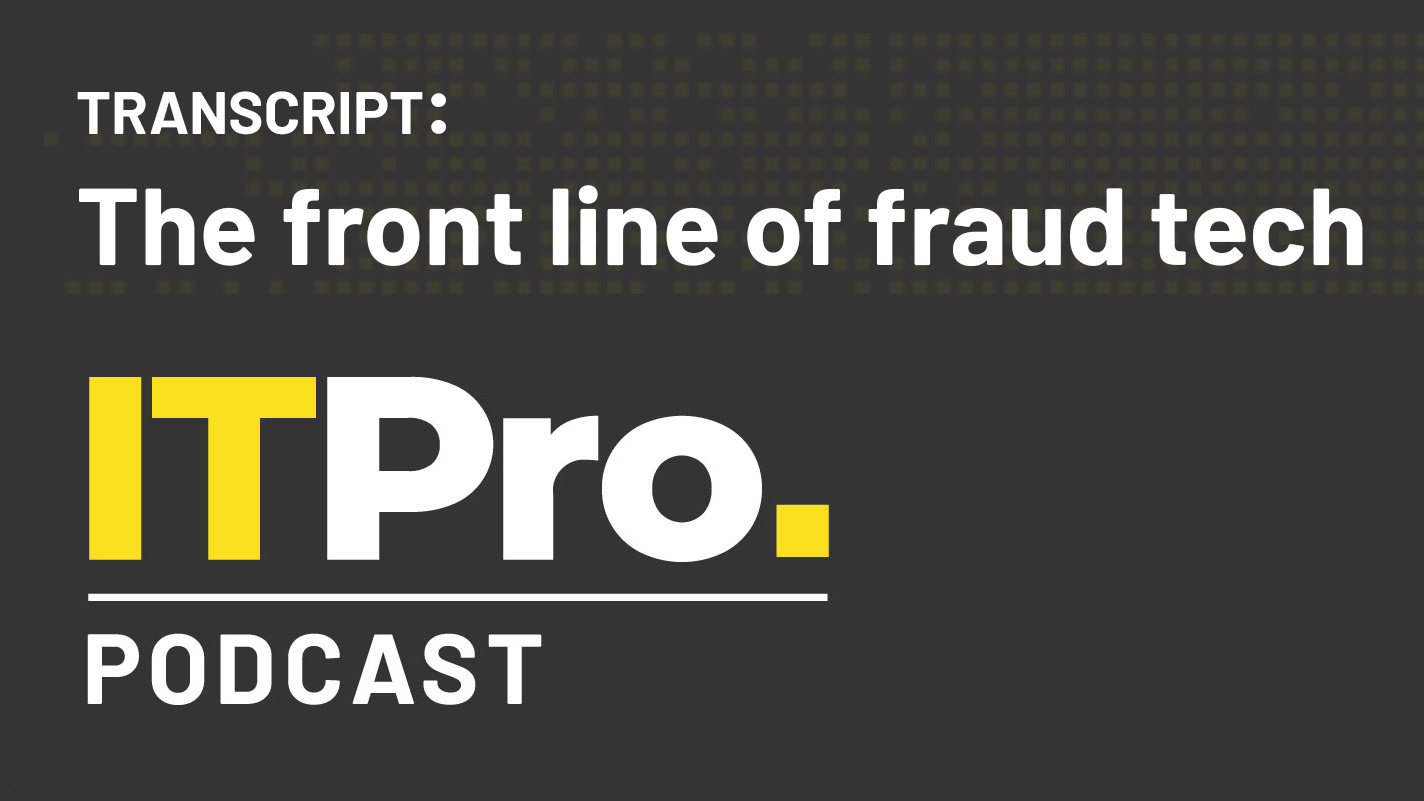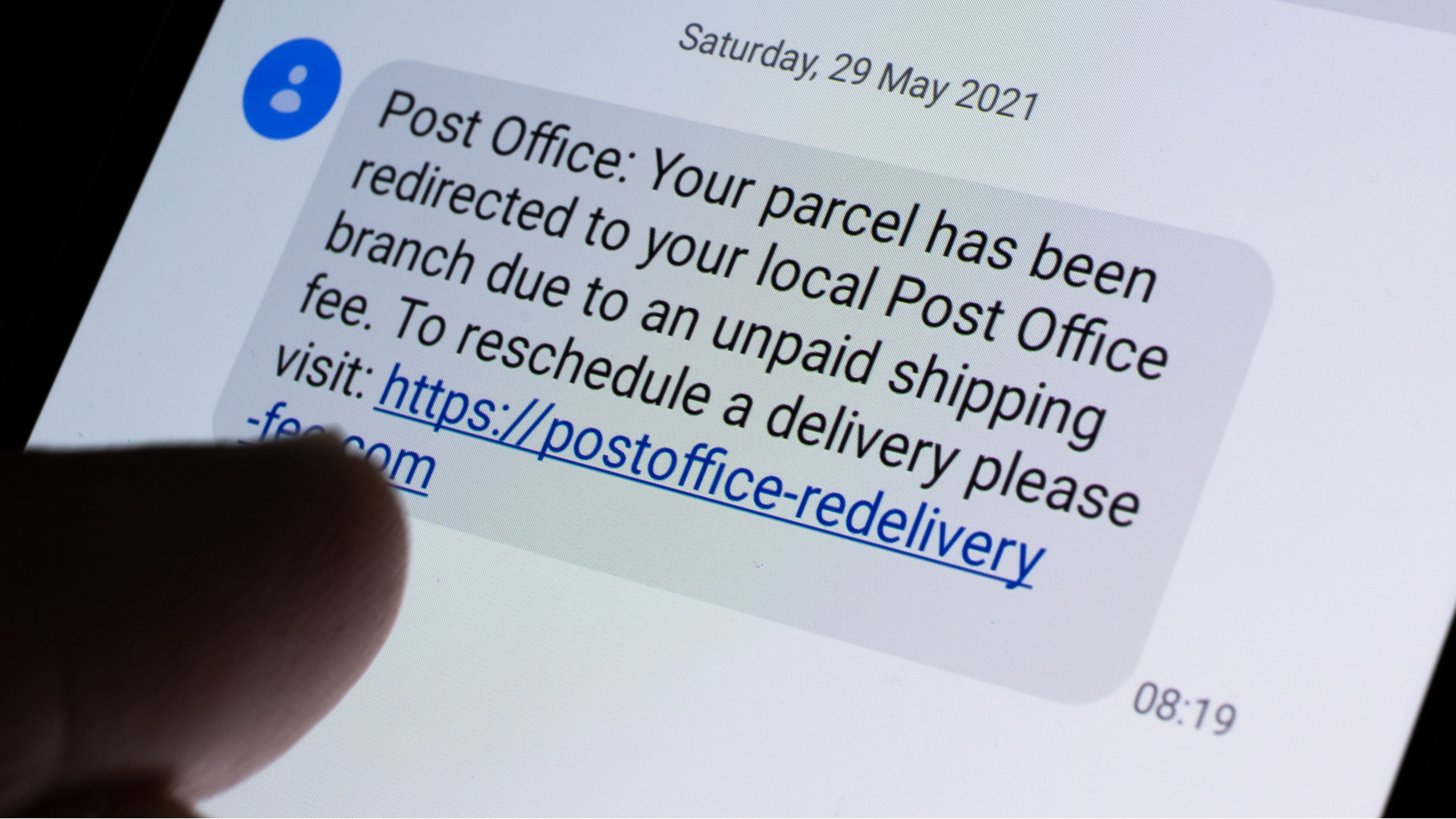UK-Nigerian ‘London Blue’ hacking gang target CFOs in phishing campaign
Hit list of 50,000 financial leaders primed for wave of business email compromise (BEC) attacks


Nigerian cyber criminals have extended their reach into the UK as part of a wider campaign to target chief financial officers (CFOs) from businesses of all sizes and sectors.
The 'London Blue' hacking gang managed to generate a list of more than 50,000 high profile targets from a broad range of companies during a five-month period this year for future business email compromise (BEC) phishing campaigns.
Executives and financial leaders from several of the world's biggest banks are listed, according to researchers from cyber security firm Agari, while London Blue is predominately targeting mortgage companies. Such scams will focus on stealing real estate purchases or lease payments.
Moreover, the BEC attack emails London Blue launches typically contain no malware; the group instead sends fraudulent payment requests to finance teams. As a result, the emails are difficult to detect by the range of counter-measures firms typically employ to block harmful material.
"In our analysis of London Blue, we identified the working methods of a group that has taken the basic technique of spear-phishing - using specific knowledge about a target's relationships to send a fraudulent email - and turned it into massive BEC campaigns," the report said.
"Each attack email requesting a money transfer is customised to appear to be an order from a senior executive of the company.
It added: "Conventional spear-phishing requires time-consuming research to gather the info needed for the attack to be successful - identifying individuals with access to move funds, learning how to contact them, and learning their organisational hierarchies. However, commercial lead-generation services have allowed London Blue to shortcut gathering the necessary data for thousands of target victims at a time."
Get the ITPro daily newsletter
Sign up today and you will receive a free copy of our Future Focus 2025 report - the leading guidance on AI, cybersecurity and other IT challenges as per 700+ senior executives
Of the 'London Blue' hit list, 71% of targets held the title CFO, while the remainder were senior members of finance teams including finance directors, controllers and members of accounting. The majority of targets are based in the US, with remaining targets based in a host of nations including Spain, the UK, Finland, and Egypt.
The group itself also operates through an organisational structure resembling that of a generic corporation, with members carrying out specialised functions. These include business intelligence, financial operations, human resources, sales management, email marketing and sales.
Firstly, London Blue members would generate leads for potential targets before engaging in open source reconnaissance to gather any missing information such as their email addresses or names.
Test emails will be sent to other London Blue members to make sure attack emails are sent before the BEC attack emails are sent, and mule accounts that are set up to receive funds share the spoils to the key players in the group.
According to Agari researchers, lead generation is also dependent on business with commercial data providers, with attackers most recently relying on one San Francisco-based firm to collect names, company, titles, work email and personal email addresses.
"This report demonstrates that cybercriminal groups continue to evolve and are using formal business strategies and structure to more effectively carry out their scams," the report continued.
"London Blue's use of legitimate commercial sales prospecting tools shows the out-of-box thinking these groups employ to identify new targets. The pure scale of the group's target repository is evidence that BEC attacks are a threat to all businesses, regardless of size or location."

Keumars Afifi-Sabet is a writer and editor that specialises in public sector, cyber security, and cloud computing. He first joined ITPro as a staff writer in April 2018 and eventually became its Features Editor. Although a regular contributor to other tech sites in the past, these days you will find Keumars on LiveScience, where he runs its Technology section.
-
 Bigger salaries, more burnout: Is the CISO role in crisis?
Bigger salaries, more burnout: Is the CISO role in crisis?In-depth CISOs are more stressed than ever before – but why is this and what can be done?
By Kate O'Flaherty Published
-
 Cheap cyber crime kits can be bought on the dark web for less than $25
Cheap cyber crime kits can be bought on the dark web for less than $25News Research from NordVPN shows phishing kits are now widely available on the dark web and via messaging apps like Telegram, and are often selling for less than $25.
By Emma Woollacott Published
-
 C-suites consider quantum a serious threat and "amazing" deepfake attacks are just 'months away'
C-suites consider quantum a serious threat and "amazing" deepfake attacks are just 'months away'News Deepfake technology has matured at a rapid rate, and video scams are likely to be a on par with the more convincing voice-only campaigns very soon, one expert says
By Rory Bathgate Published
-
 The IT Pro Podcast: The front line of fraud tech
The IT Pro Podcast: The front line of fraud techIT Pro Podcast With tools such as deepfakes, the future of fraud tech relies on cutting edge AI as much as good security practice
By IT Pro Published
-
 Podcast transcript: The front line of fraud tech
Podcast transcript: The front line of fraud techIT Pro Podcast Read the full transcript for this episode of the IT Pro Podcast
By IT Pro Published
-
 LAPSUS$ breached T-Mobile systems, stole source code
LAPSUS$ breached T-Mobile systems, stole source codeNews T-Mobile has denied that the hackers obtained customer or government information
By Sabina Weston Published
-
 Exclusive: Former Shiseido staff say company was aware of data breach weeks before official notice
Exclusive: Former Shiseido staff say company was aware of data breach weeks before official noticeNews Fake companies were created using the stolen identities of hundreds of Shiseido employees, former staff claim
By Sabina Weston Published
-
 Shiseido reportedly suffers data breach
Shiseido reportedly suffers data breachNews The Japanese cosmetics company has been accused of failing to notify affected staff of the leak
By Sabina Weston Published
-
 Almost a quarter of all spam emails were sent from Russia in 2021
Almost a quarter of all spam emails were sent from Russia in 2021News Last year's spam emails mostly centred around money and investment, Bond and Spider-Man movie premieres, and the pandemic
By Sabina Weston Published
-
 What is smishing?
What is smishing?In-depth A closer look at one of the most perilous forms of phishing
By Praharsha Anand Published